Penny Wong let out a great sigh.
There were young children swarming all around her, bombarding her with plastic delicacies from a play kitchen behind them: toast, red peppers, shiny slices of apple and watermelon.
“Oh, my goodness! What a feast,” proclaimed Ms. Wong, director of the Grace Preschool in Vineyard Haven. “I’m not going to be hungry for lunch!”
On a different day in early September at the Chilmark Preschool, children played in small groups before settling into a circle on a corner rug.
Lead teacher Heather Quinn led the class in a name game, followed by a collaborative tally of students who had eaten tomatoes from the class garden. It was a brief lesson in numbers.
Before they went back to play, the children were asked to check in and ask themselves — how am I feeling today? — and then place a popsicle stick in a small folder labeled with the corresponding emotion.
The pouch bearing the word, “happy,” collected the most popsicle sticks.
These are typical scenes from two of the 10 preschools on the Vineyard, where children roughly aged two years nine months to four, are engaged in learning the things they need to learn before entering kindergarten. There are lessons in cooperative play. There are pre-reading and pre-math skills to teach through activities such as painting, blocks, puzzles, sand and water play. And perhaps most important, there is a child’s sense of well-being to nourish.
“Our focus is on a child’s social and emotional development,” Ms. Quinn said. “In order to move on successfully to kindergarten, children have to have a really strong sense of self.”
As a conversation unfolds in Massachusetts and around the country on the value of pre-kindergarten learning and whether it should be incorporated into public school education, interviews with early childhood educators on the Island reveals a similar conversation is quietly taking place here. Marney Toole, a longtime early childhood educator who coordinates the council for young children on the Island, said the idea of universal preschool is expected to be on the table for discussion this year. Across the water in Mashpee, universal preschool is being offered for the first time this year to all four year olds.
There are no comprehensive hard numbers on the preschool-aged population on the Vineyard, although it is known that the 10 preschools and 18 state-licensed day care facilities can accommodate up to 386 children on any given day. The 2010 census found that there were 818 children under the age of six whose parents work. This would suggest that possibly there are more children needing preschool and day care than available spaces, although not all the schools and centers are fully enrolled.
Cost can be a barrier. Nearly all Island preschools are private and cost anywhere from $800 to upwards of $1,000 a month for full-time enrollment. The Vineyard school system runs the only public preschool on the Island, Project Headway, which began in 1981 and is primarily for students with special needs. Students without special needs attend as well, but they pay tuition. This year, there are 14 students with individual education plans (IEPs) and 16 peer models enrolled at Project Headway.
In some Island families, one parent’s salary is dedicated entirely to child care, said Alecia Barnes, community outreach educator with the public school district.
“Financially, it’s a drain on families,” echoed her colleague Midge Jacobs, early childhood coordinator for the district.
There are programs that provide financial assistance for preschool. The Martha’s Vineyard Community Services preschool is fully enrolled each year with a wait list; about three-fourths of the families receive help from a variety of funding sources.
This year, about 100 Vineyard families will receive child care assistance from the Community Development Block Grant program There is $300,000 available for residents of five Vineyard towns this school year who meet income requirements, and each family is eligible for up to $3,000 to start, said Alice Boyd whose firm Bailey Boyd and Associates administers the grants for the towns.
In 2012, there were 423 children living in poverty in Dukes County, according to data compiled by the Anna E. Casey Foundation, or 13.5 per cent of the total child population.
In addition to financial barriers, other barriers have been identified by educators, including cultural and language issues.
In interviews last spring with prospective kindergarteners for whom English is not their first language, English language learner coordinator Leah Palmer found that 22 out of 33 children had not attended preschool even one day a week.
“If a child had a preschool experience, their English language proficiency level was significantly higher,” she said.
Once they get into kindergarten, these students are eligible for extra support to learn English, and can catch up to the others, she said.
Whatever the barriers, Vineyard schools superintendent Dr. James H. Weiss said public schools are seeing more kids enroll in kindergarten who haven’t been to preschool than in the past.
Mr. Weiss said the value of preschool education cannot be underestimated.
“In a global sense, the kids who have been in preschool come better prepared,” he said.
Meanwhile, educational philosophies and standards for kindergarten classrooms are changing, and preschools have had to adjust.
State and national standards have raised the bar on the kindergarten academics, effectively widening the gap between the expectations for preschool education and kindergarten. Whereas the preschool curriculum is generally child-directed, in kindergarten and first grade, it’s determined by the common core and state standards.
“Kindergarten is not what it used to be,” said Denise Searle, a kindergarten teacher in Edgartown. “It’s not kindergarten, it’s first grade.”
As a result of a push-down effect from the upper grades, kindergarten teachers must make sure they are preparing their students for first and second grade and beyond, educators said. This means more time spent writing, reading and developing math skills, though Ms. Searle said they do make time — 30 to 45 minutes per day — for play.
Five years ago, her grade did away with nap time — they just don’t have time for it anymore.
“It’s much more structured, it’s more academically oriented. It’s looking forward to first grade, to second grade, to MCAS,” Ms. Jacobs agreed.
Ms. Wong at the Grace Preschool said the pressure to adapt has trickled down to preschool.
“There is a real battle for the preschools wanting to stay developmentally appropriate, to say, slow down, it’s too soon for them to do that,” she said. “You don’t want to have a four year old sitting and doing ditto sheets. You want them running and playing and being active.”
Yvonne Fisher, director of the Island Children’s School in West Tisbury, said a good preschool can do both — develop fine motor skills and build problem-solving techniques, all in a play-oriented atmosphere. At Island Children’s School, four year olds receive instruction in a separate area where the focus is on readiness for the kindergarten year, Ms. Fisher said. All in a developmentally appropriate way, that is.
“They are not reading novels by the time they go to kindergarten or doing long division,” she said.
The curriculum at the Community Services preschool is aligned with state standards, though Early Childhood Programs director Debbie Milne said teachers don’t feel pressure to accelerate their curriculum. It just means they articulate what they are already doing more clearly, she said.
One change Ms. Milne said she has noticed is a growing need to support students with play and social skills.
“In the last 10 years, kids have needed more emotional and social supports than in the past,” she said.
This deficit is also apparent at the kindergarten level, Ms. Searle said.
“A lot of kids aren’t playing anymore,” she said. “They don’t know how to play.” She removed puppets from the classroom recently because the children did not know how to play with them.
She and Ms. Milne attributed the shift in part to a growing use of technology among early learners.
When children are always plugged into technology, their expressive language skills seem to suffer, Ms. Searle said. “Their receptive language skills are good, but their expressive language skills have changed a lot,” she said.
And if preschool isn’t for everyone, there are other places for children to develop social skills, including play groups, the Martha’s Vineyard Family Center, whose programs are free, and organized activities such as story times at Island public libraries.
Regardless of the experience incoming students bring to the class, they all make dramatic gains during the kindergarten year, Ms. Searle said. By the end of the last school year, every one of her students could write a full sentence, she said.
In the summer before school starts, parents often experience angst about their children’s preparedness for public school, said Robin Smith, a veteran teacher who leads a combined kindergarten-first grade class in Chilmark. They worry if their children don’t know how to write their names or don’t know their numbers. But she assures them they’ll be fine, wherever they are.
“One thing it would be nice for the parent to know is that however their child arrives in kindergarten, they are going to be great,” Ms. Smith said. “Each child has their unique skill set and our job is to work from where they are at.”
This article has been revised to clarify job titles. Midge Jacobs is early childhood coordinator with the school district, and Alecia Barnes is community outreach educator.

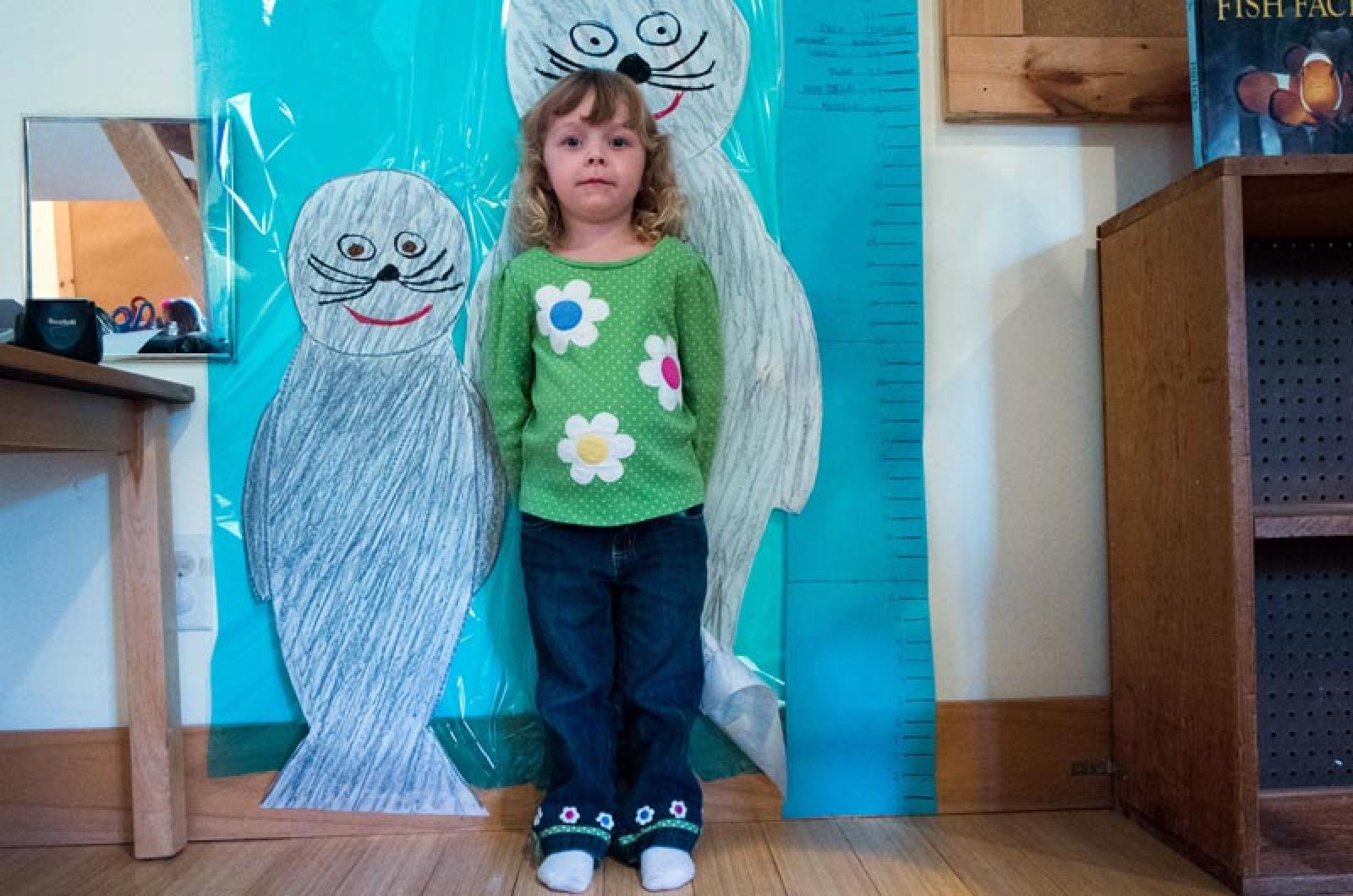
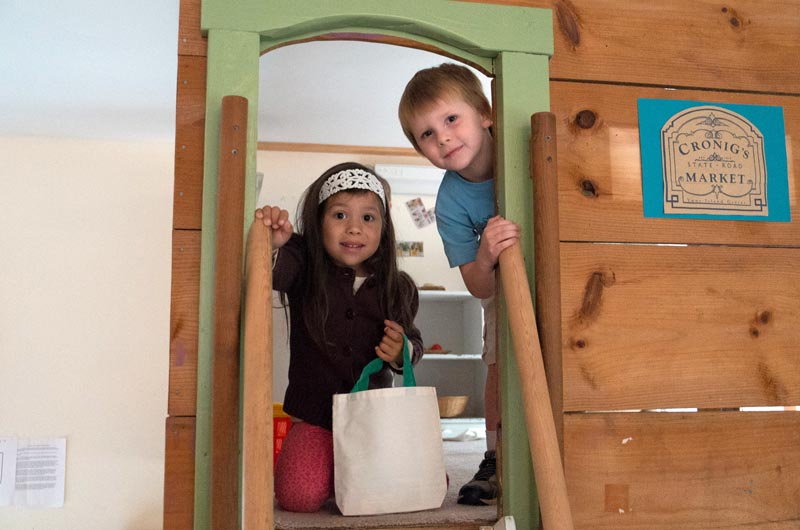
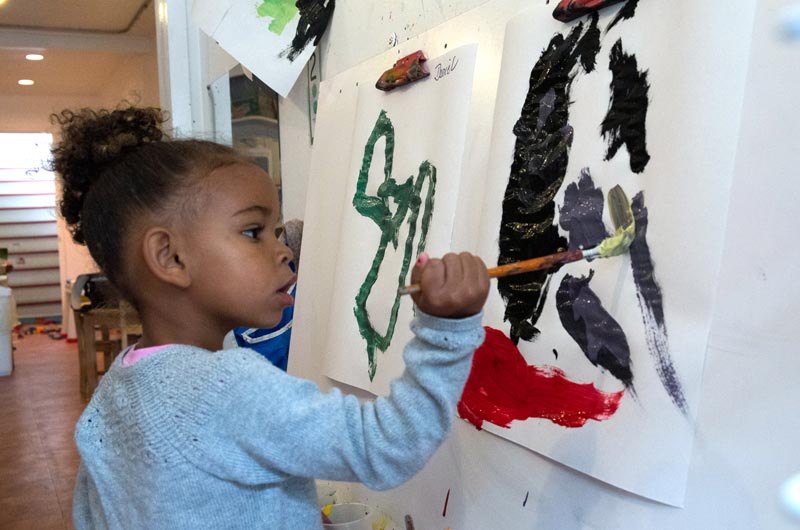

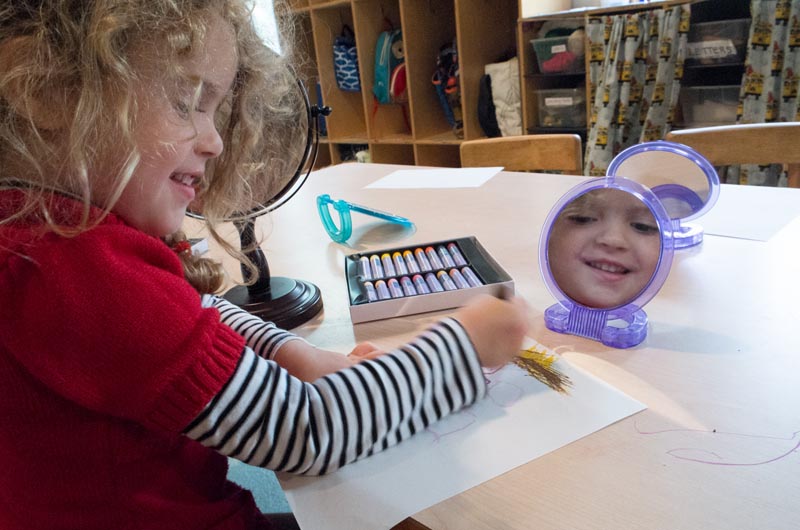
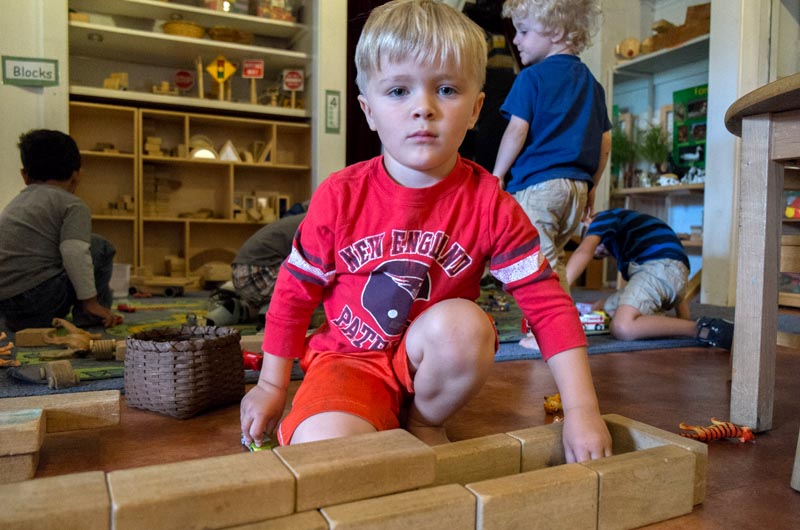





Comments (4)
Comments
Comment policy »